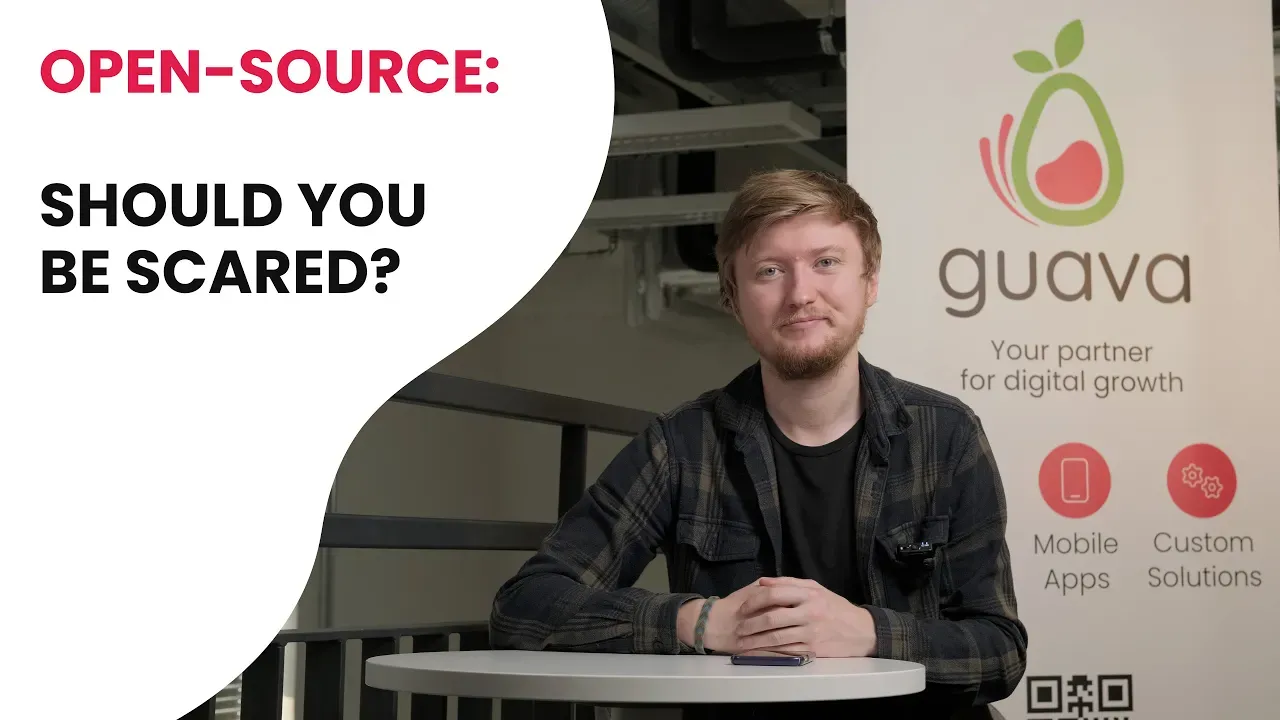Open-source: why and how to contribute, not just use
Open-source is not just about "free" software. It's the ecosystem behind most of today's digital solutions - whether you know it or not. In this article, we'll look at why open-source is essential to modern development, how safe it is to use, why it's important to understand licensing, and how actively contributing can help not only the community, but your business.

When it comes to open-source, most people think only of "free software". But in fact, open-source is the cornerstone of most modern applications, websites and business systems - often in places you wouldn't expect. But what does it mean to use open-source properly? Why is it worth not only using it, but actively contributing to it?
What is open-source and why does it matter?
Open-source means that the source code is publicly available - anyone can view, use or modify it. But beware: not all open-source is automatically "free" to use as we wish. Each project has its own license that determines what you can and cannot do. The most famous license, for example, is the MIT license, which is very benevolent, but there are more restrictive variants.
Open-source and security: myth vs. reality
You may have heard that open-source software is less secure because "anyone can see into the code". But the opposite is often true. Precisely because the code is public, anyone can check and fix it at any time. As a result, security flaws are often discovered and fixed much faster than in closed systems.
How do we use open-source at Guava?
For example, at Guava, we build projects on Laravel, which is an open-source web framework. But we don't stop at just using it - we actively contribute to open-source ourselves. We create our own plugins and packages that solve real problems for our clients. Some of these have become very popular and are used by developers all over the world.
Why contribute to open-source? Benefits for companies and individuals
Visibility: your name or brand gets exposure in the developer community.
Feedback and improvements: Other developers can improve your code, find bugs, or suggest new features.
Faster development: many problems have been solved before you - open-source is the perfect place to share solutions and get inspired.
Employer branding: Active participation in open-source projects is attractive to talented developers.
What to look out for? Licenses are not just a formality
Using open-source also means understanding what rules apply to the project. Some licences (e.g. the GPL) require you to make your code public if you use it. Others (MIT, Apache) are looser. Always check the license before using open-source in a commercial project!
How to start contributing?
Find a project you use and enjoy.
Try fixing a bug, adding documentation or suggesting improvements.
Don't be afraid to submit your first pull request - the community is happy to help.
Conclusion
Open-source is not just about cost savings. It's about sharing, collaboration and innovation. If you want to keep up with the times, it's time not to be afraid to not only use, but to contribute. It will help you, your company and your community.
